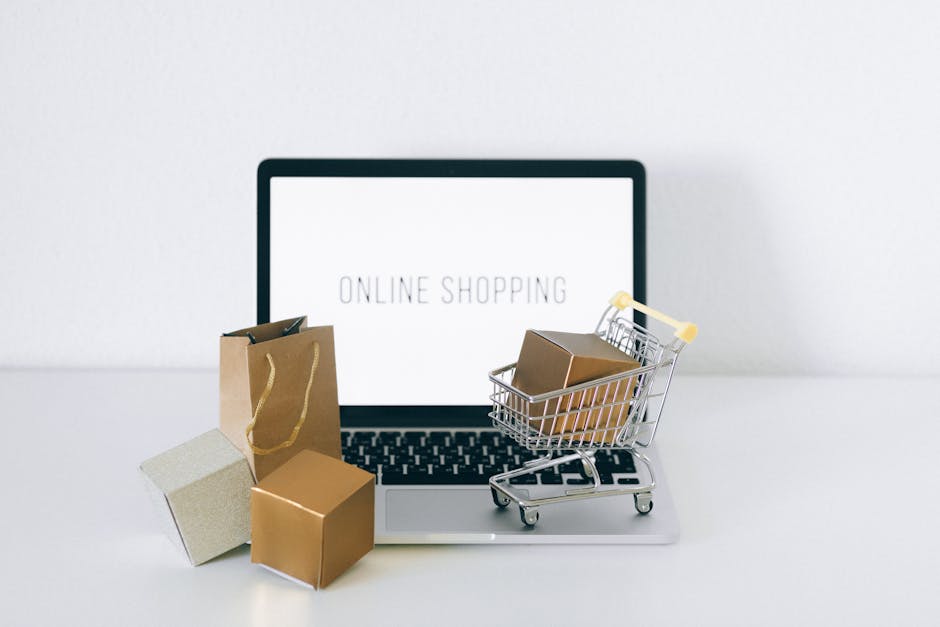In a world where convenience reigns supreme, the allure of instant gratification often overshadows the long-term implications of our choices. From the click of a button ordering food to the swipe of a screen that delivers entertainment, our lives have become a symphony of ease. Yet, beneath this glossy veneer of comfort lies a complex web of consequences that threaten not only our environment but also our social fabric and personal well-being.
As we indulge in the conveniences of modern life, it is crucial to examine the hidden costs that accompany them. The plastic packaging that encases our takeout meals, the carbon emissions from rapid delivery services, and the mental toll of constant connectivity all contribute to a larger narrative of sustainability and health. This article delves into the various dimensions of convenience, exploring the emotional responses it elicits and the urgent need for a more mindful approach to our consumption habits.
One of the most pressing concerns surrounding convenience is its environmental impact. The convenience-driven culture has led to a staggering increase in single-use plastics and excessive waste. According to recent studies, millions of tons of plastic end up in our oceans each year, threatening marine life and ecosystems. The excitement of convenience often blinds us to the grim reality that our choices have far-reaching consequences, not just for ourselves but for future generations. The urgency to shift towards sustainable alternatives is more significant than ever, as we grapple with the pressing climate crisis.
Moreover, the emotional toll of convenience extends beyond environmental concerns. The rise of technology has fostered a culture of isolation, as face-to-face interactions are replaced by digital communication. While it may seem easier to send a text than to meet in person, this shift can lead to feelings of loneliness and disconnection. The convenience of virtual relationships often masks the deeper need for genuine human connection, leaving many feeling empty despite the ease of modern communication. It is essential to recognize that while convenience offers immediate satisfaction, it cannot replace the richness of real-life interactions.
Additionally, the convenience of instant access to information can lead to information overload, creating a paradox where knowledge becomes overwhelming rather than empowering. The excitement of having the world at our fingertips is often tempered by anxiety and confusion as we navigate a constant stream of data. This relentless barrage can lead to decision fatigue, where the sheer volume of choices paralyzes us rather than liberates us. To regain control, we must learn to filter information meaningfully, prioritizing quality over quantity in our digital consumption.
In the face of these challenges, there is hope. A growing movement towards conscious consumerism encourages individuals to reflect on their choices and prioritize sustainability over convenience. Brands are beginning to respond to this shift, offering eco-friendly alternatives and promoting ethical practices. By choosing to support businesses that align with our values, we can create a ripple effect that fosters a more sustainable future. This collective action not only empowers us as consumers but also ignites a sense of community and shared responsibility.
As we navigate the complexities of modern life, it is essential to strike a balance between convenience and mindfulness. While the allure of instant gratification is undeniable, we must remain vigilant in recognizing the hidden costs of our choices. By fostering a culture of awareness and responsibility, we can embrace convenience without sacrificing our future. Together, we can cultivate a world where convenience serves not only our immediate needs but also the well-being of our planet and its inhabitants. The journey towards a more sustainable and connected future begins with each of us making informed choices today.

